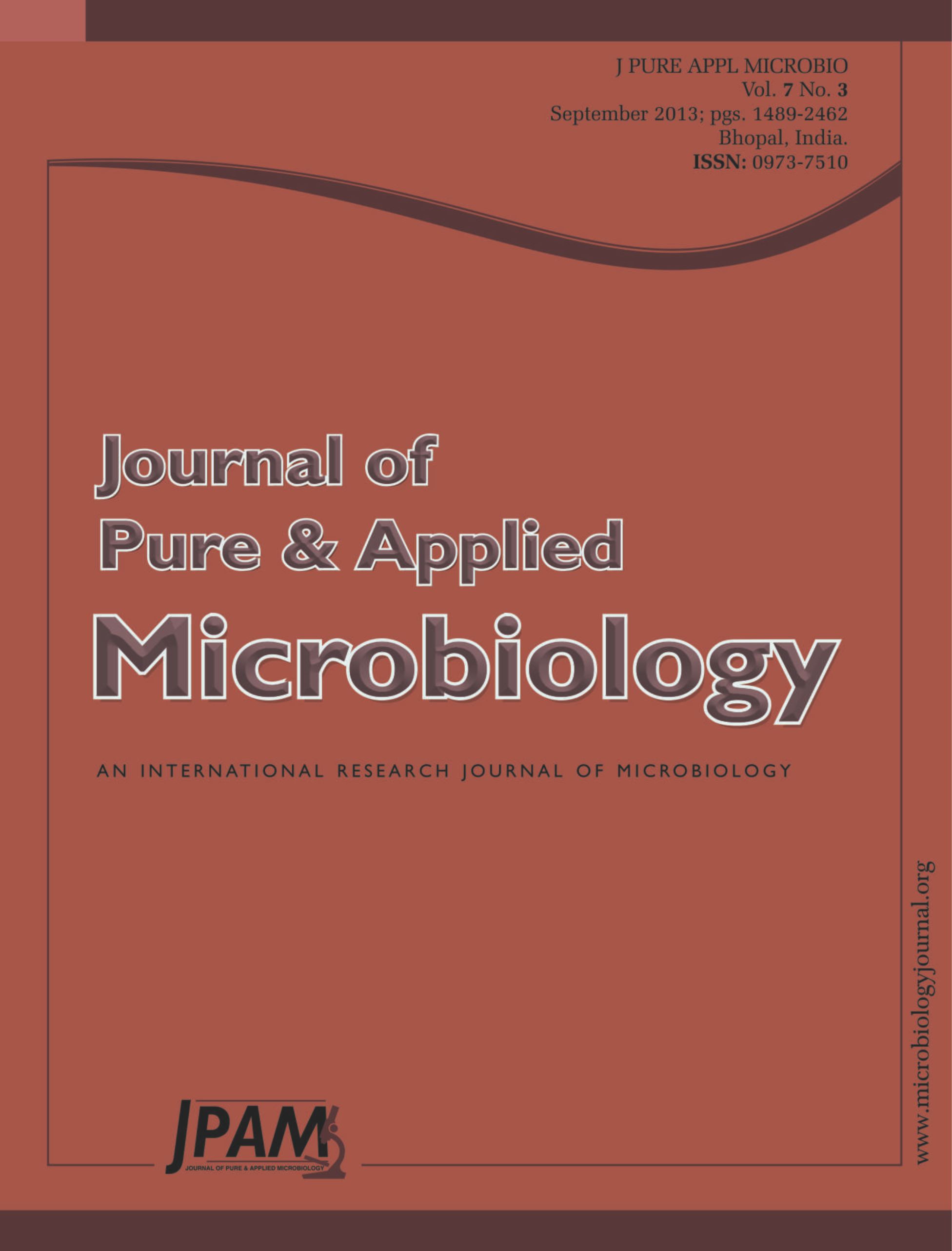One of the main causes of failure in treatment of Helicobacter pylori (H. pylori) infection is its antibiotic resistance. Grape cultivars contain different useful components including phenolic compounds with antimicrobial effects. In the present study, the effects of two grape varieties; Halgho red grape and Marivan black grape (Rashe), have been evaluated against the clinical isolates of H. pylori. The effect of the seed, skin, and seed + skin extracts of the two varieties against H. pylori was evaluated using the disc diffusion and agar dilution methods. The stability of the antibacterial effects of the extracts under different temperature and pH values, and in the presence of Trypsin enzyme was investigated. The highest inhibitory zone diameter was observed for the seed extracts of Halgho and Rashe as 15 and 14.5 mm, respectively. The lowest Minimum Inhibitory Concentration (MIC) and Minimum Bactericidal Concentration (MBC) were observed for the seed extracts of Halgho and Rashe (2048 µg/ml). Moreover, the antibacterial effects of the extracts of both varieties were preserved under the above-mentioned physicochemical conditions. Grape seed and skin extracts of the varieties studied have antibacterial effects against H. pylori. The effect was preserved under different physicochemical conditions.
Helicobacter pylori, Halgho grape, Rashe grape, Antibacterial activity
© The Author(s) 2014. Open Access. This article is distributed under the terms of the Creative Commons Attribution 4.0 International License which permits unrestricted use, sharing, distribution, and reproduction in any medium, provided you give appropriate credit to the original author(s) and the source, provide a link to the Creative Commons license, and indicate if changes were made.


